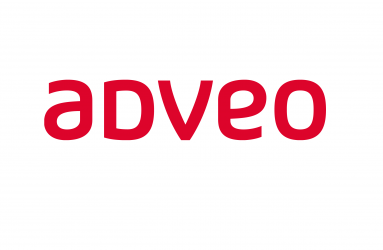SLA stands for Service Level Agreement. It is a contract between two parties that defines specific agreements on the quality and level of service that one party will provide to the other. An SLA is usually a legally binding document that establishes the rights and responsibilities of both parties.

In general, an SLA may include the following elements:
1. Service: A description of the service that one party will provide to the other. This can be expanded by detailing various parameters.
2. Performance Standards: An outline of the performance standards that one party will provide to the other party. This can range from certain standards of service and systems to customer service response times. Also consider the times when the party should arrive; the number of hours the party should provide minimum services; ...
3. Quality guarantees: The guarantees that one party will provide to the other party regarding quality of service. For example, this may be a guarantee of system availability or a guarantee of the quality of the products provided. Certain costs are highly subject to this and are checked by agencies for quality standards. The supplier must then comply with all conditions associated with respecting and meeting those quality requirements and standards.
4. Responsibilities: A description of each party's responsibilities with respect to service delivery. This includes, for example, the client's responsibilities for providing access to systems and the service provider's responsibilities for maintaining and securing systems.
5. Service Level Credits: The service level credits that one party will provide to the other party if performance standards or other parameters are not met. This could include a reduction in the cost of service or additional support for the customer.
6. Reporting: A description of the reporting (options) of service performance. This could be, for example, periodic and automatic reports or summaries of performance.
7. Monitoring: The ability to monitor performance, consumption and costs. This may include, for example, the requirement to provide a platform on which the customer can periodically monitor data.
8. Termination of Agreement: the conditions under which the agreement may be terminated, for example, if performance standards are not met.
9. Data protection and privacy: SLAs focused on data protection and privacy are important, especially in situations where personal data is processed and/or stored.
It is important that SLAs are tailored to the needs of the organization and its customers and employees. By making specific agreements on service delivery and performance, both parties can minimize their risks and optimize their cooperation.

“Jullie zijn in staat geweest om enkele kosten serieus naar beneden te brengen. Een vlekkeloze samenwerking.”
“Ik wil met jullie in contact blijven. We rekenen op jullie marktkennis en kennis van andere bedrijven. Met jullie contacten en know-how wil ik dat jullie ons blijven ondersteunen. Geen one shot, maar een blijvende samenwerking".
Roland Laschet, Managing Director Adveo Benelux